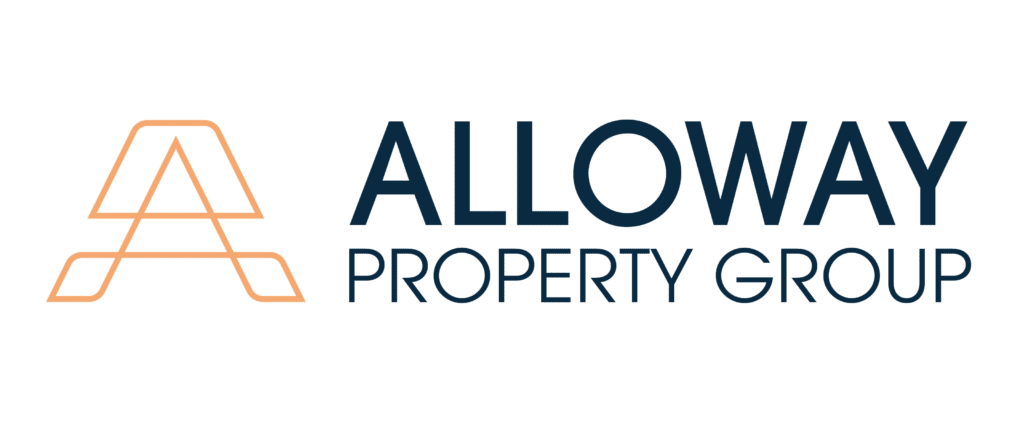There’s no doubt that the world has entered an extremely uncertain time. With the COVID-19 Pandemic and Ontario’s declared State of Emergency, many condominium owners are facing financial uncertainty. Among the list of bills piling up is the Common Expenses fee charged by the condominium corporation. What happens if you’re unable to pay this fee?
What are Common Expenses?
A Common Expense Fee (also known as a Condo fee, Maintenance fee, or Common Elements fee) is a prescribed amount each unit owner must pay to the Condominium Corporation. The amount payable is typically calculated based on the size of the unit owned within the corporation. The prescribed amount, along with due dates, can be found in the Condominium Declaration Documents, or the Status Certificate. The fee may be adjusted annually depending on the operating budget of the corporation. The Common Expenses fee is declared and explained in detail in the Condominium Act, Ontario.
What do the Fees Cover?
The Common Expenses fee covers a variety of services throughout the condominium. Among these are maintenance services (such as garbage collection and cleaning), as well as security, concierge services, utilities for the common areas, and amenity upkeep. In some condos, the Common Expenses can also cover utilities for the units.
Reserve Fund
A portion of the fee is also diverted into the Reserve Fund for the condominium. This is a special fund maintained by the condominium corporation to be used . Condominiums are required by the Condominium Act to undergo a reserve fund study every 3 years.
According to the condominium act [93 (2)], the reserve fund may only be used for repairs and top-ups, and cannot be used to cover operating expenses.
Special Assessment
According to the Condominium Act, the board may decide to levy a “special assessment” to cover any shortfall in the reserve fund, or cover the repairs of any unforeseen issues pertaining to the building. The members of the Condominium Association can challenge this decision should they feel it is unwarranted, at which time a vote is held.
Requirement to Pay
The Condominium Act states [84 (1)] that all owners must contribute to the payment of common expenses, even if the owners of units have waived rights or been barred from accessing or using those Common Elements [84 (3)].
If you fail to pay your share of the common expenses, an automatic, unregistered lien is placed against your unit. A lien is a note indicating that the unit is in debt to the corporation, and reserving the right for payment upon sale of the property, forcefully or otherwise. This lien expires 3 months after the default unless a Certificate of Lien is registered with the appropriate Ministry in Ontario. Written notice must be given to the Unit Owners 10 days prior to registration of the Lien.
Condominium Liens take priority over any other lien registered (except those prescribed or claimed by the crown, such as tax liens). The unit owner is liable for the balance of the lien, and may be responsible for covering the cost of legal fees associated with the registration and discharge of the lien (which could be $1,500 or more).
What This Means during COVID-19
During the pandemic, The Government of Canada has implemented relief measures to those facing financial hardship. These measures include suspension of new eviction orders, and allowing banks to give customers the options to defer payments. Unfortunately, this relief does not extend to the payment of Common Expenses. Accordingly, without payment of these fees, your condominium corporation could fail to pay vital operating budgets necessary to sustain the condominium as a whole.
It should also be noted that a default of common expense payments constitutes Mortgage Default in Ontario. Tenants of condominiums under a lien may be required to pay all or a portion of their rent directly to the Condominium Association for payment of the default.
Catalyst’s Tips for Common Expenses Relief:
- Speak with your Condominium Board members and Management Company BEFORE you have a problem – during a time of financial hardship, many are willing to help out by providing extra time to pay, or waiving NSF fees.
- Seek other personal credit options if you can – your bank may be willing to assist you. The cost of a short-term, high interest loan may be less than legal fees associated with a registered lien
- Seek mortgage payment relief if you cannot make your payments, avoid default by failing to pay Common Expenses.
- If you’re a tenant, check your mail regularly for notices from the Condominium Association, and speak with your landlord about Common Expenses. Partial payment of rent, and keeping the unit out of a lien, could save you thousands of legal fees in the long run.
Alloway Property Group is a Full Service Real Estate Brokerage founded and managed by practicing lawyers. If you have a question about how the COVID-19 Pandemic affects your real estate strategy, we invite you to Contact Us.





